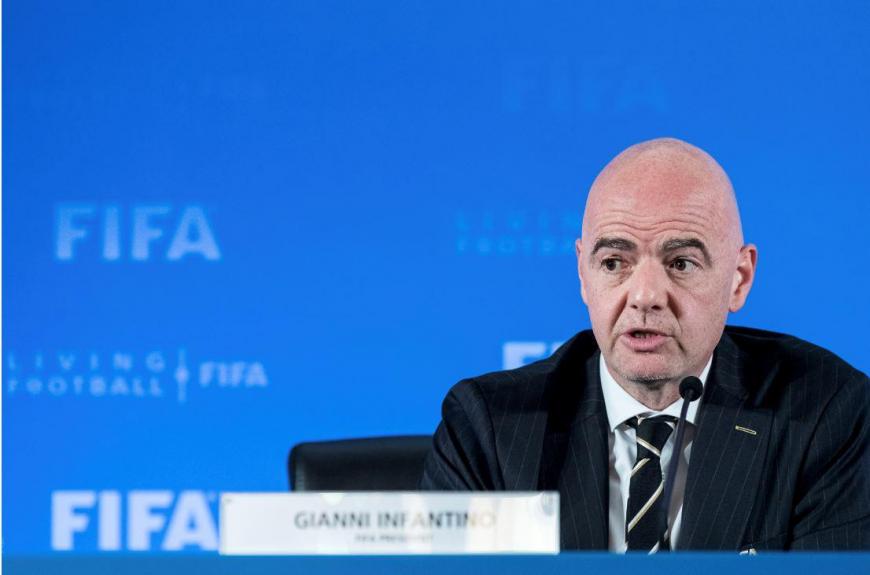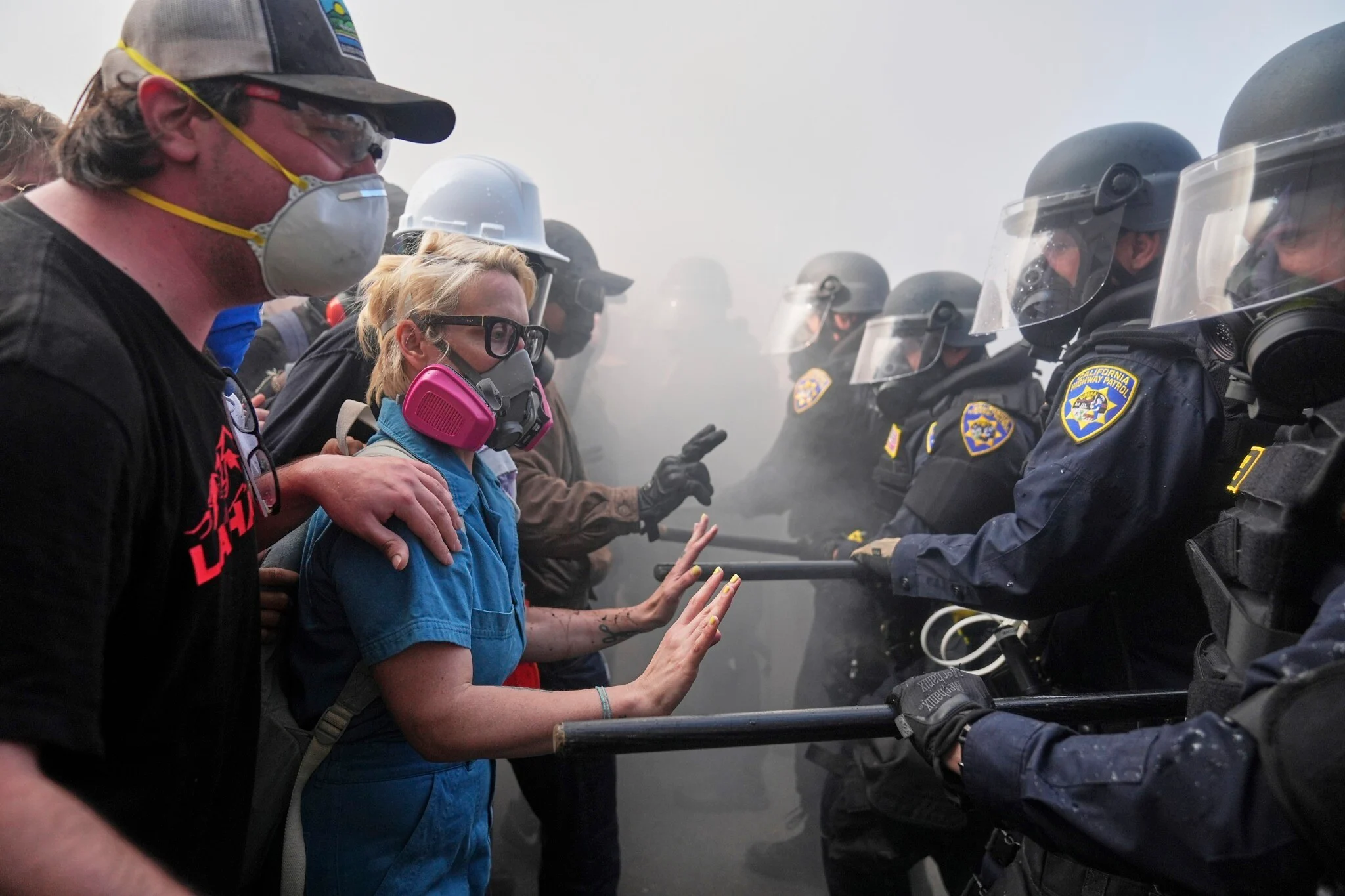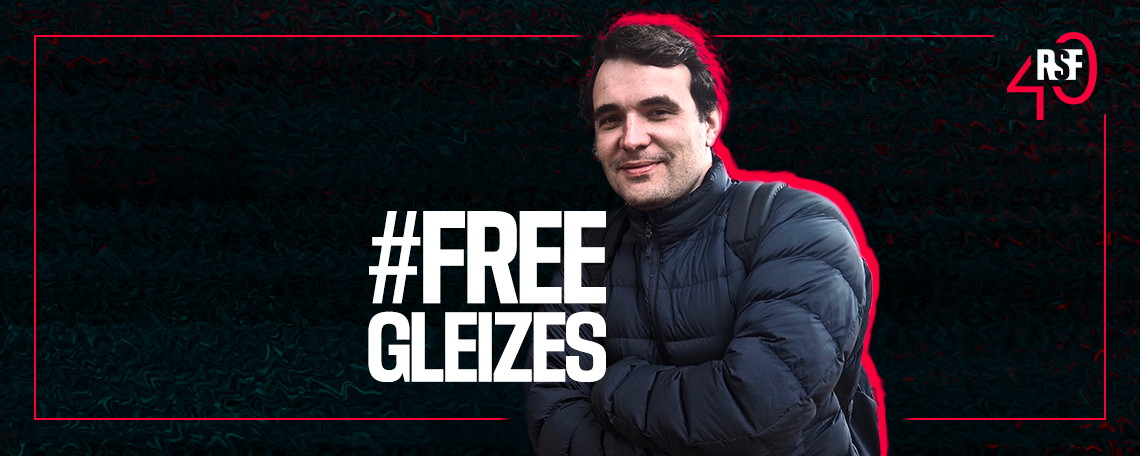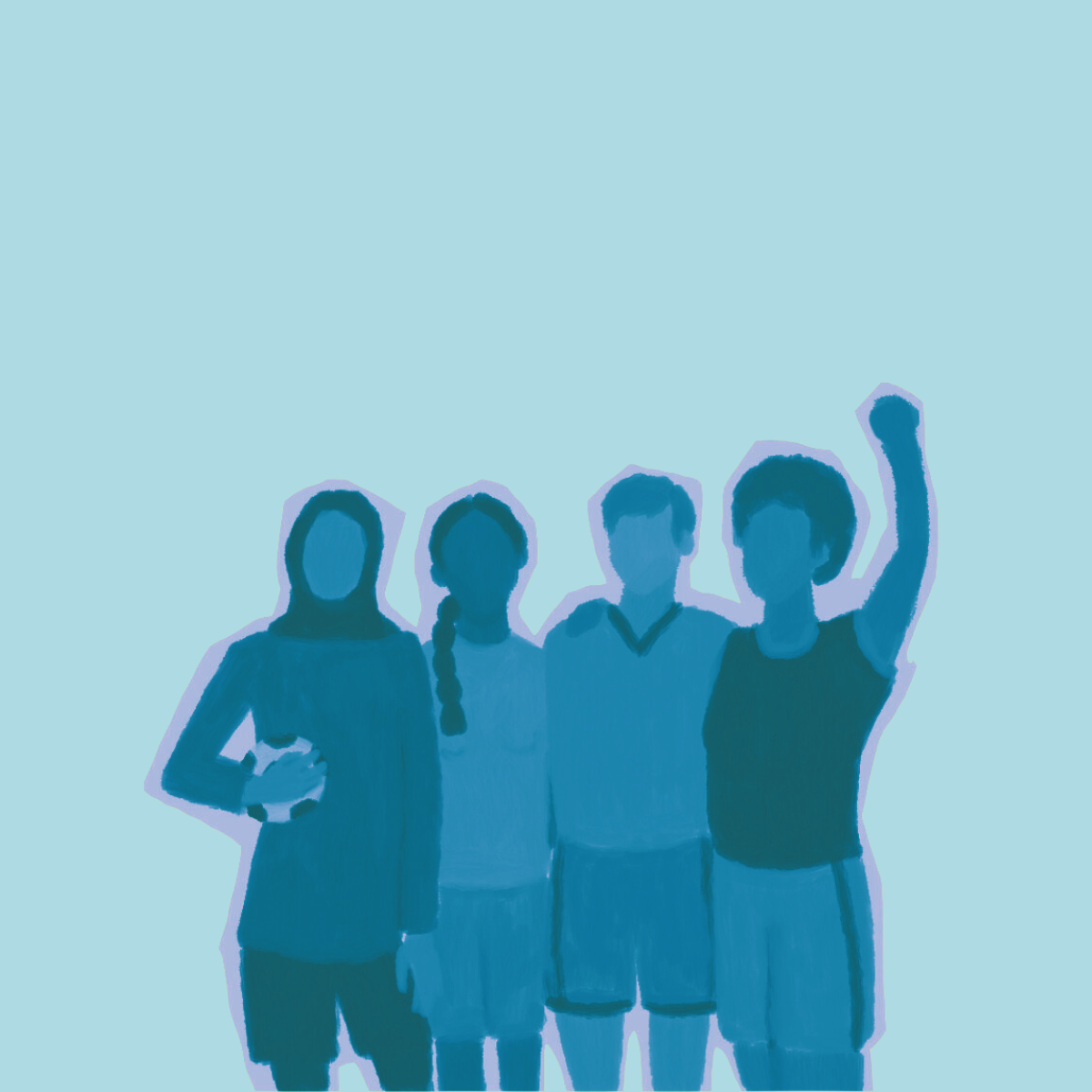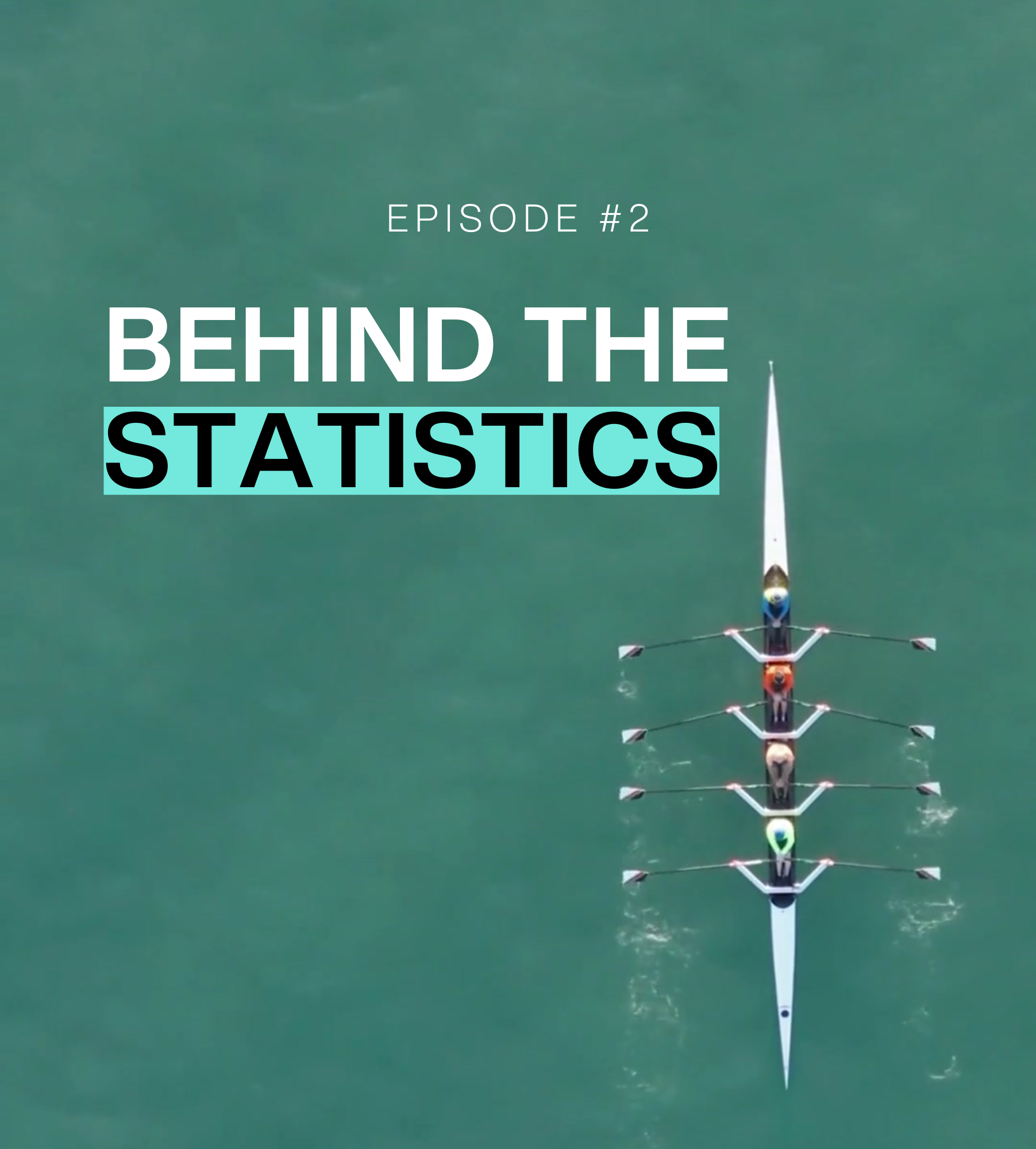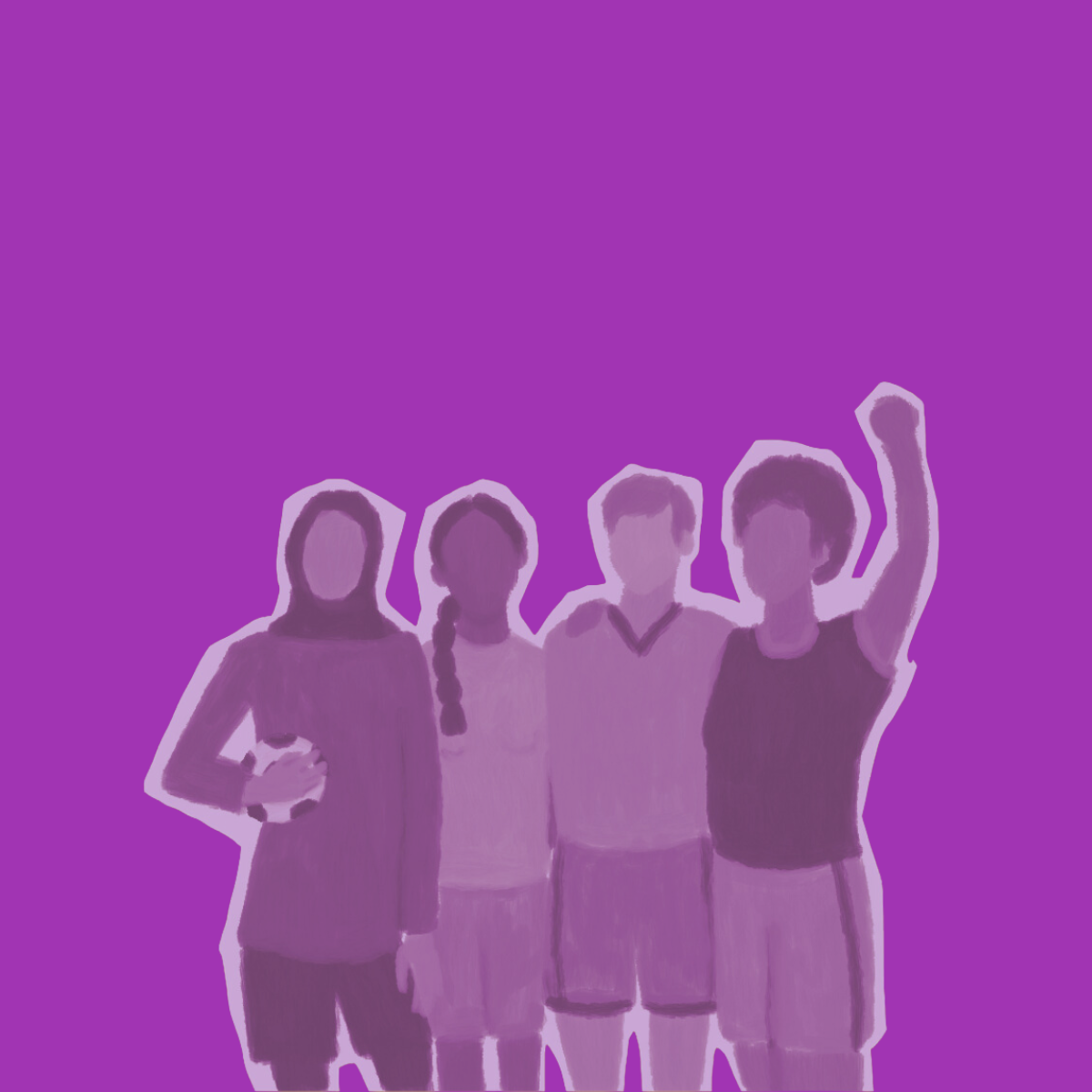FIFA Sidelines Human Rights, Keeps Beijing Hosting Arrangements Secret
(New York) – FIFA’s surprise selection of China to host the 2021 Club World Cup disregarded its own human rights commitments in the bidding process, Human Rights Watch said today, releasing correspondence with the global football governing body.
In March 2019, FIFA abolished the Confederations Cup and used the available slot in the calendar to create a new 24-team FIFA Club World Cup. Eight months later, on October 24, the FIFA president, Gianni Infantino, announced in Shanghai that FIFA had chosen China to be the host of the inaugural 2021 Club World Cup. Contrary to FIFA statutes and policies, there was no public bidding process, no stakeholder consultations, and no human rights risk assessment.
“FIFA flouted its own human rights commitments by granting hosting rights to China for the Club World Cup,” said Minky Worden, global initiatives director at Human Rights Watch. “FIFA is sending the message that the rules that apply to other governments don’t apply to Beijing.”
FIFA’s correspondence with Human Rights Watch refers to “internationally recognized human rights standards” that apply to China – but FIFA has not made these hosting arrangements or any agreement with Beijing public. As human rights groups and the media have documented, the Chinese government is committing serious human rights violations, including labor abuses, mass arbitrary detention, mass surveillance, torture, severe restrictions on journalists, and mistreatment of more than one million Uyghurs and other Muslim ethnic minorities in “political education” camps in Xinjiang. Such abuses will directly affect groups participating in the FIFA Club World Cup, including athletes and fans from around the world, workers building venues, and journalists, among others. China has no domestic media or internet freedoms, core requirements for FIFA event hosts.
In an October 29 letter to FIFA, Human Rights Watch asked the global football governing body to explain its decision to grant a flagship tournament to China’s state-run federation without stakeholder consultation or assessing the obvious human rights risks, steps set out in the United Nations Guiding Principles on Business and Human Rights (the “Guiding Principles”), which FIFA has endorsed and which are enshrined in FIFA policy.
FIFA’s Human Rights Policy, adopted in 2017, outlines the global football authority’s responsibility to identify and address adverse human rights impacts of its operations, including taking adequate measures to prevent and mitigate human rights abuses. Article 7 of FIFA’s Human Rights Policy states that “FIFA will constructively engage with relevant authorities and other stakeholders and make every effort to uphold its international human rights responsibilities.” This should include working with its independent Human Rights Advisory Board and consulting a wide range of stakeholders, including potentially affected groups and individuals and their legitimate representatives, before making major hosting decisions. In the foreword to FIFA’s “reformed bidding process,” Infantino writes: “It is FIFA’s responsibility towards the world of football to conduct these bidding and selection procedures in an ethical, transparent, objective and unbiased way.”
Questioned in Shanghai in October about the Club World Cup bidding process and independent human rights review, Infantino replied: “The mission of FIFA is to organize football and to develop football all over the world,” sidestepping a direct question about why it had ignored its own policies.
FIFA’s November 7 letter in response to Human Rights Watch does not dispute that it should have consulted stakeholders in advance in keeping with its “far-reaching human rights requirements in the bidding and hosting of FIFA tournaments,” but asserts that the Club World Cup in China is a “pilot edition” on a “shorter timeline.”
“Timing doesn’t overcome FIFA’s responsibilities to address human rights requirements in China and other host countries,” Worden said. “The shorter timeline actually makes assessing human rights risks even more important.”
Human rights issues have previously been addressed on tight timelines, Human Rights Watch said. In May, FIFA consulted human rights groups about whether to expand the 2022 World Cup to Saudi Arabia, the United Arab Emirates, and other Gulf countries. In 2018, FIFA required Canada, Mexico, Morocco, and the United States to conduct independent human rights risk assessments, stakeholder consultations, and to present a Human Rights Strategy in order to bid.
Football players from China are not exempt from Beijing’s crackdown on basic rights and freedoms. In 2018, Xinjiang authorities detained a teenage Uyghur professional footballer, Erfan Hezim, also known as Ye Erfan, a member of China’s national youth football team. Deemed “one of China’s most promising young footballers,” Erfan was placed in a “political education” camp in Xinjiang for supposedly visiting foreign countries to train and play football matches. He was released in 2019, but FIFA never commented on his case. In early 2019, an aspiring professional footballer, Erpat Ablekrem, was also detained in a camp in Xinjiang after he maintained contact with family members who had fled the country. Erpat remains in custody.
The awarding of hosting rights comes with a written agreement between FIFA and the host country. But the terms of FIFA’s Club World Cup hosting arrangements with China have not been made public. Transparency is a key part of the UN Guiding Principles. The International Olympic Committee has made its host city contracts public since 2014.
“If there’s to be any integrity in what remains of this process, FIFA needs to immediately make public its hosting arrangements and any agreement with China, put human rights front and center, and then make sure protections are fully carried out,” Worden said.
